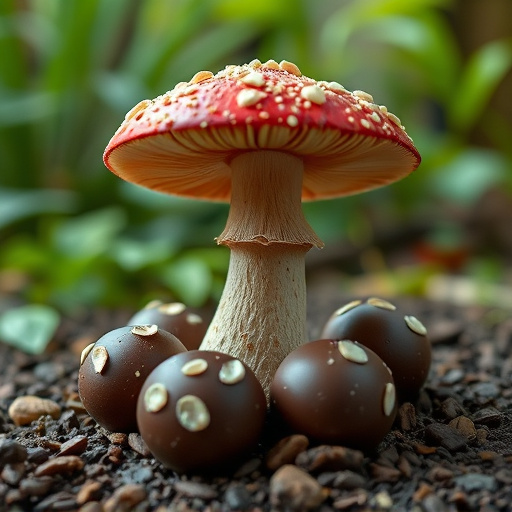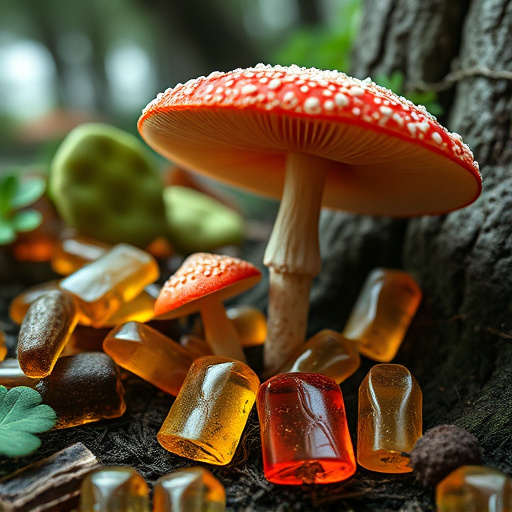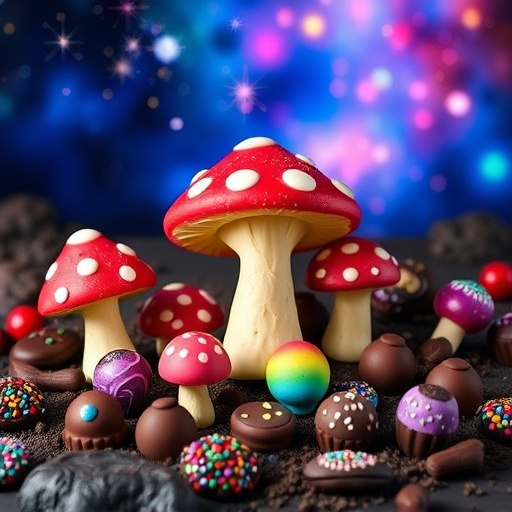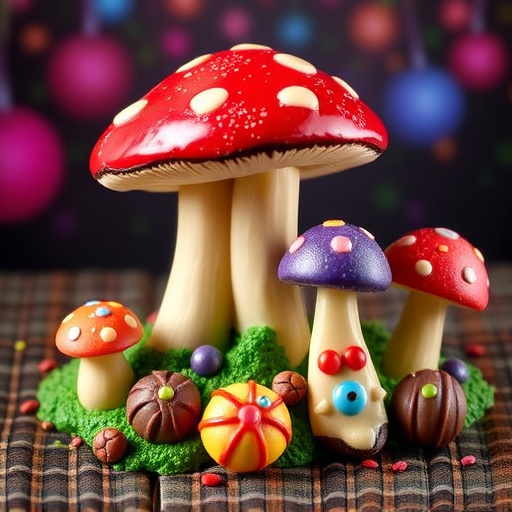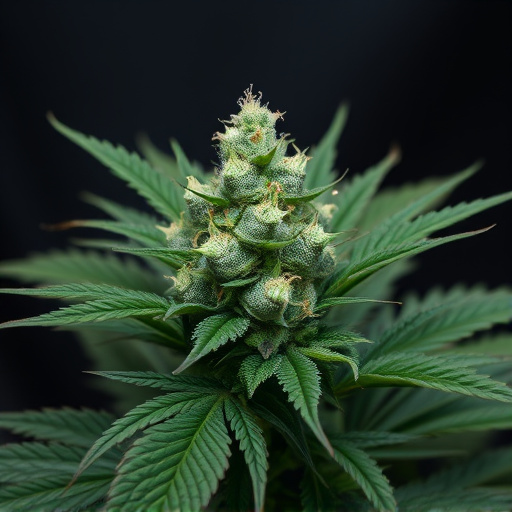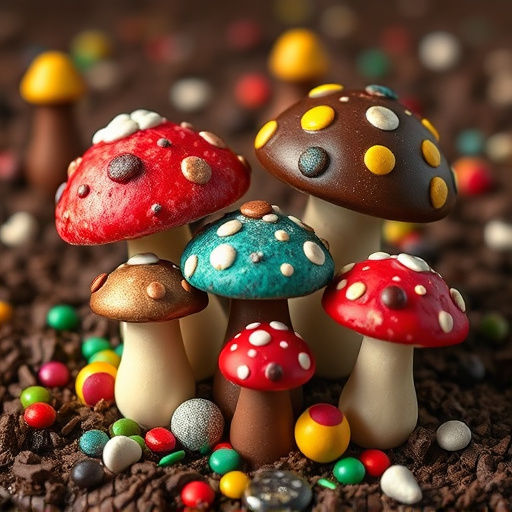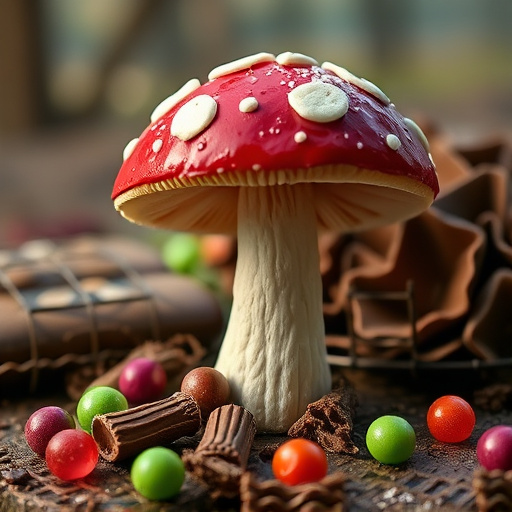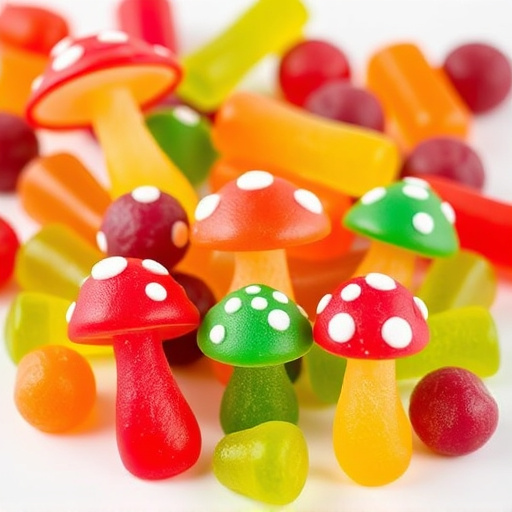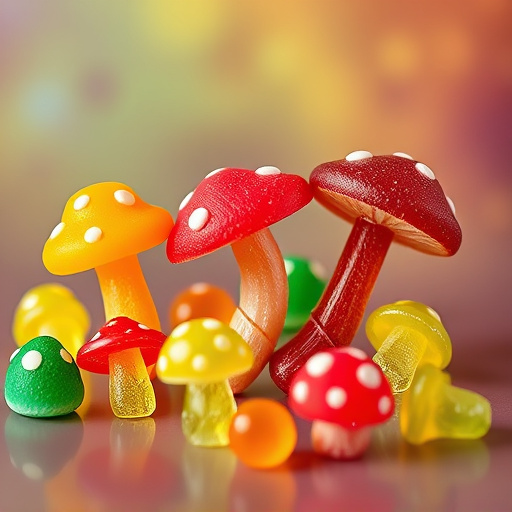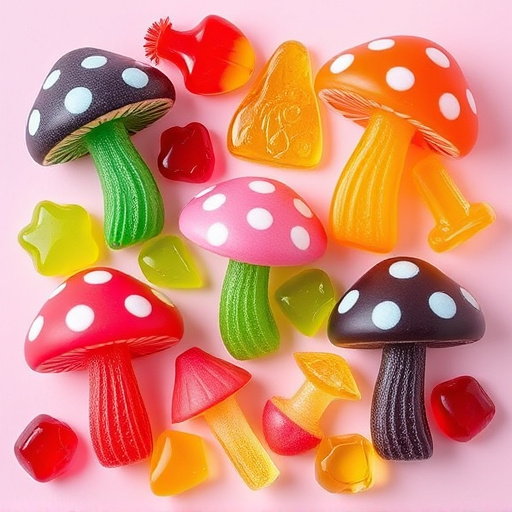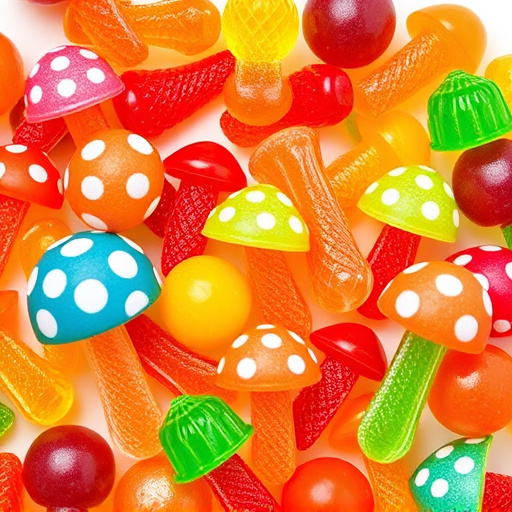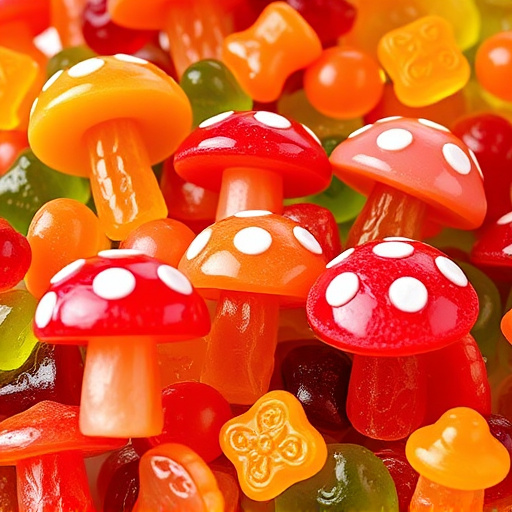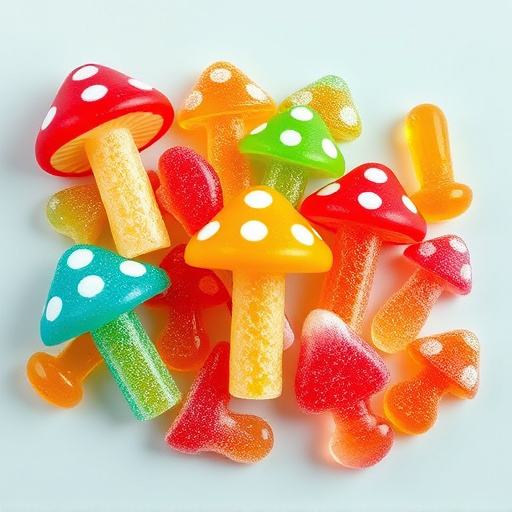Magic Mushroom Gummies represent a modern, convenient way to experience psychedelics, offering precise dosing of psilocybin for manageable effects. Beyond recreation, they're recognized for enhancing creativity, mental flexibility, and aiding psychological treatments by activating serotonin receptors. With a history in indigenous cultural practices, these gummies are gaining scientific interest for their potential impact on brain function, sparking research into psychedelic-assisted therapy.
“Magic Mushroom Gummies: Unraveling the Intricacies of a Modern Therapeutic Trend
In the evolving realm of alternative medicine, magic mushroom gummies have emerged as intriguing compounds, harnessing the potential benefits of psilocybin. This article delves into the multifaceted world of these innovative treats, exploring their composition, cultural roots, and impact on brain function. From ancient rituals to modern research, we dissect the psychotropic effects, therapeutic applications, and risks associated with magic mushroom gummies. Furthermore, we guide readers through consumption methods, legalities, and safety precautions, offering a comprehensive understanding of this captivating topic.”
- Understanding Magic Mushroom Gummies
- – Definition and Composition
- – History and Cultural Significance
Understanding Magic Mushroom Gummies
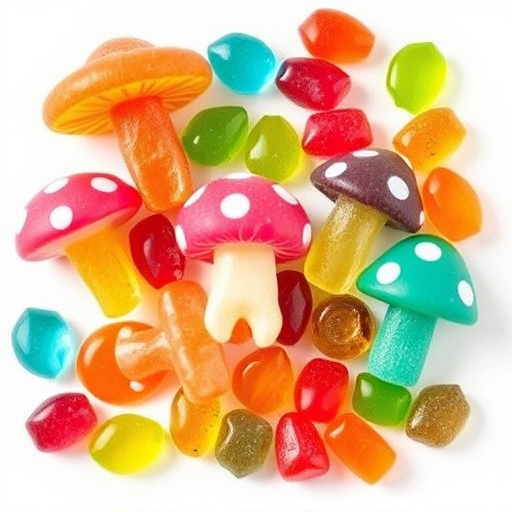
Magic Mushroom Gummies are a modern twist on traditional psychedelic experiences, offering a convenient and often sweeter alternative to dried mushrooms or extracts. These gummies contain psilocybin, the active compound found in certain types of magic mushrooms, known for their mind-altering effects. However, unlike conventional methods, gummy forms allow for precise dosing, making it easier to control the intensity of the trip.
The unique aspect of Magic Mushroom Gummies lies in their potential impact on brain function. Psilocybin has been studied for its therapeutic benefits, particularly in enhancing creativity, promoting mental flexibility, and even aiding in psychological treatments. By activating specific serotonin receptors in the brain, these gummies can induce altered states of consciousness that may lead to profound insights, increased emotional awareness, and a heightened sense of connection to one’s inner self or the surrounding environment.
– Definition and Composition
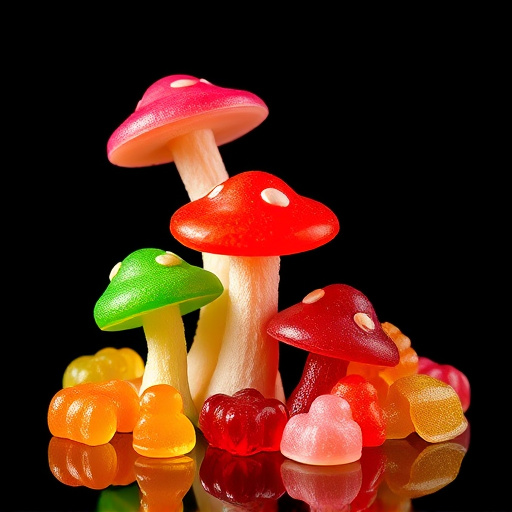
Magic Mushroom Gummies are edible treats infused with psilocybin, a natural compound found in certain types of mushrooms known as magic mushrooms or psychedelic mushrooms. These gummies combine the traditional use of psychedelic substances with modern trends in food and wellness, offering a novel way to explore altered states of consciousness. The composition typically includes psilocybin as the active ingredient, along with other components like sugar, gelatin, or pectin to create a chewy, sweet texture. Some manufacturers may also add natural flavors and colors to enhance the sensory experience without altering brain function significantly.
Unlike traditional methods of consuming magic mushrooms, gummies provide a precise dose, making it easier for users to control their experience. Psilocybin is known to influence brain function by interacting with serotonin receptors, leading to changes in perception, mood, and thought patterns. This compound has been the subject of growing scientific interest due to its potential therapeutic benefits, including anxiety reduction, depression management, and enhanced creativity. However, it’s crucial to emphasize that consuming magic mushroom gummies, or any psychedelic substance, should be done responsibly and under appropriate guidance due to their powerful effects on brain function.
– History and Cultural Significance
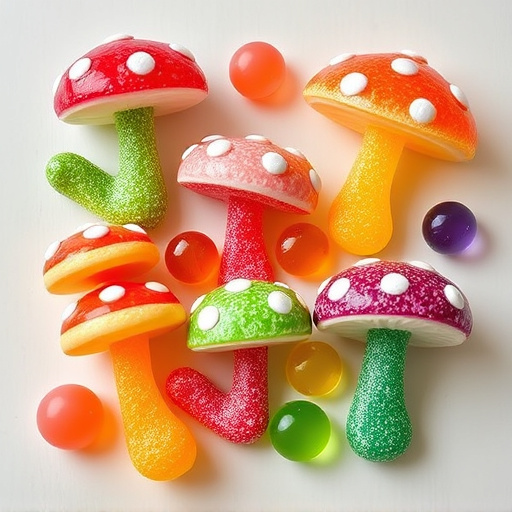
Magic mushroom gummies have a rich history rooted in various cultural practices spanning centuries. These edible treats, infused with psychotropic compounds from mushrooms like psilocybin, have been used by indigenous peoples for their spiritual and medicinal properties. In many cultures, magic mushrooms hold significant ceremonial value, often played a role in rituals for healing, vision quests, and connecting with the natural world.
The use of these fungi extends beyond traditional practices, as modern research has sparked renewed interest in their potential to influence brain function. Scientific studies are exploring psilocybin’s effects on consciousness, creativity, and mental health conditions like depression and anxiety. This growing body of work is shedding light on the complex relationship between magic mushroom gummies and brain activity, offering a unique perspective on human cognition and the therapeutic potential of psychedelic-assisted therapy.
Magic Mushroom Gummies represent a modern fusion of ancient traditions and innovative food science. By harnessing the active compounds found in psilocybin mushrooms, these gummies offer a novel approach to enhancing brain function and exploring consciousness. With a rich history dating back centuries in various cultures, magic mushroom use has evolved from spiritual rituals to controlled research settings, where their therapeutic potential is being closely studied. As interest in psychedelic-assisted therapy grows, understanding the composition and cultural significance of magic mushroom gummies is essential for navigating this emerging field, highlighting both its promises and ongoing debates.
